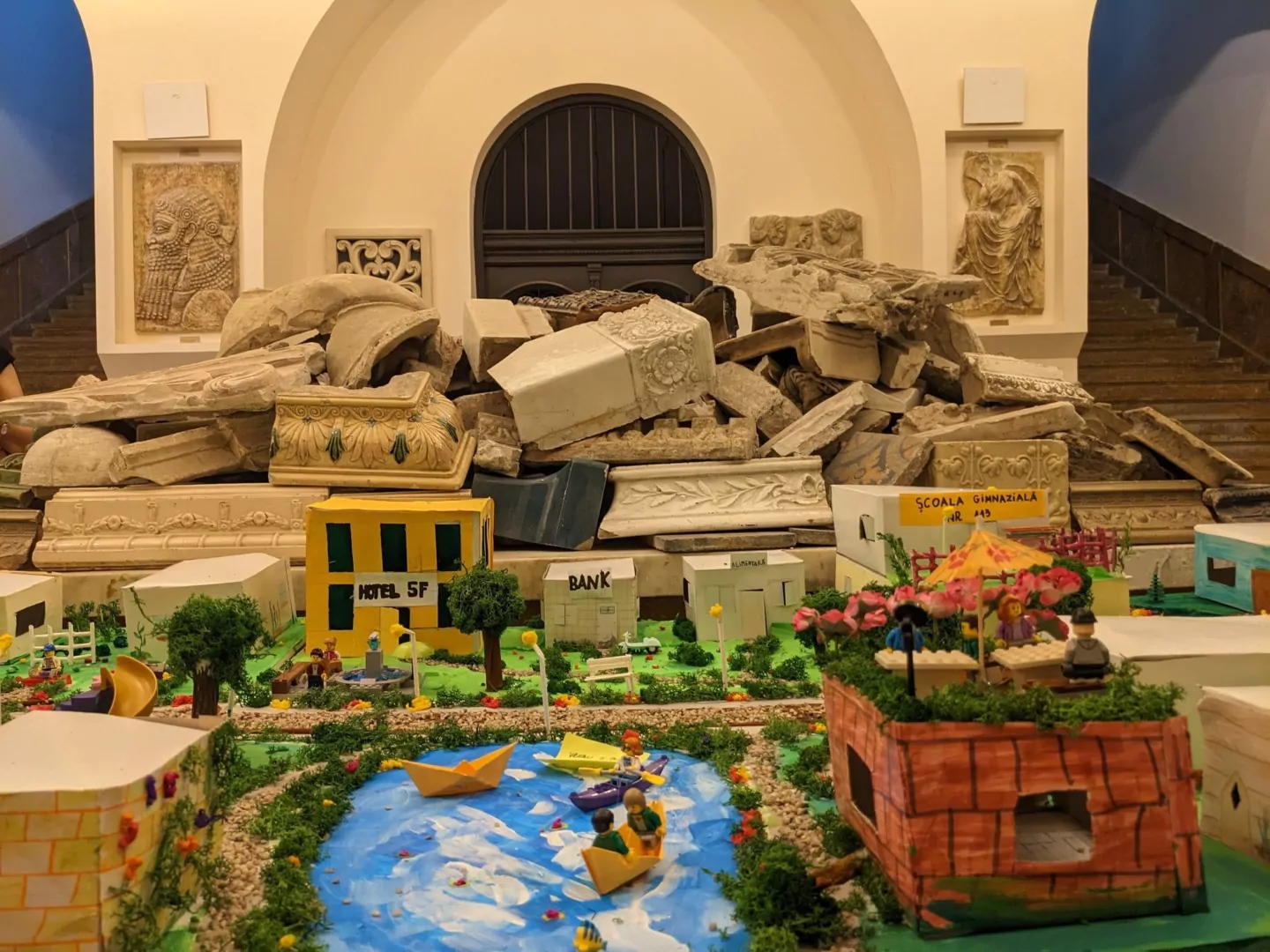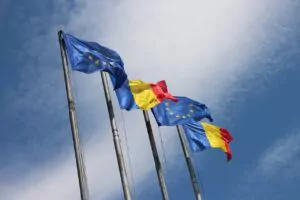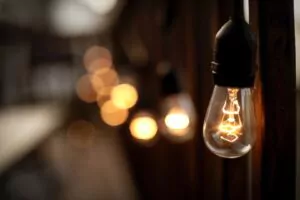“There is a big mismatch between what we learn in school and what the marketplace needs”. “Children learn classroom lessons but they lack the ability to apply that knowledge”. “Schoolchildren don’t understand how theoretical concepts can help them in real life, although without those concepts one cannot comprehend the world we live in”; “they learn literary commentary by heart but not the basic concepts to help them get along in life”. I bet you’ve heard many-a-time these complaints from parents or educational experts. We surely need schools, but the education doesn’t seem to be our strong suit, neither does it appear to be on the top agenda for the government, and nor do we stand too well in international rankings concerning education, a vital part of the evolution of any society. On the other hand, there are NGOs, and employees of private companies turned volunteers, which, during this period started a multitude of initiatives and have approached schools and children, in order to propose an offer what classrooms are not offering. For some, Education is a business, for others, it is volunteering – For June 1, international children’s day, I asked a few entrepreneurs and volunteers about what is missing in education today and how they, through their programs, can supplement and complement what’s lacking in the education of children in Romania:
Urmărește mai jos producțiile video ale Economedia:
- articolul continuă mai jos -
From the classroom to tech
Anca Pausan is a school teacher by trade, but she’s also known by IT programmers in Cluj – at one time, she was the program coordinator at Simplon, an organization that supports programming courses for children. She also talks about the need for the school-life connection, with an emphasis on an issue that is being discussed more and more worldwide: ecology. Another fundamental aspect for the education of the new generation, precisely the digital generation, belongs to Technology. That means something more than social media and phone games. “I think that children’s education lacks ecological education, the applicability of the notions learned at school in real life, physical work in a community, and the correct use of technology. That is, they should learn to be not only consumers but also creators. NGOs could offer mentoring programs, starting with younger children. Real adult-child groups working for the community could be formed, to perform ecological activities, not only on Earth Day and events like this, and not just for garbage collection, but more complex activities can be thought. Weekend activities can be organized, in which children can apply their knowledge, but also get access to free IT courses “, exemplifies Anca.
From the architects’ drawings book, the city designers
Simona Or-Munteanu is an architect and mother; the architect who goes to school (more online during this period). Simona is one of the more than 100 volunteer architects who got involved in the De-a Arhitectura program, in which they visit schools or bring students to play and work in their workshops to learn elements accessible to their age, which helps educate them about the city, urbanism, constructions. “I would say that education in Romania, especially in state schools, lacks practical application, ie learning through experimentation,” says Simona. “Here I mean the connection between theory and the application of concepts learned in everyday life, finding in nature these concepts, using all perceptions, in space,” says Simona. The private sector and NGOs can be involved in the education process precisely through activities to fill these gaps. “It would be worthwhile to introduce artistic and practical subjects as optional in the school curriculum. Companies and associations can get involved in organizing extracurricular workshops, especially with children from disadvantaged environments, where access is not easy at all. That’s what we do at De-a arhitectura, on a volunteer basis or in a club format. In addition, we can offer training to teachers and mentors, who can thus have a wide range of training “, says the architect.
From a business in Technology to schools and kindergartens
Evelina Necula, the co-founder of Kinderpedia, is one of the entrepreneurs who launched a business in the field of Education, with a communication and management solution. It promises to help school and kindergarten staff save on administrative time and focus their efforts on education. With a business under her belt, Evelina talks about opportunities in this sector, not about the shortcomings. “Education can progress enormously and can maximize its impact on society, with the help of technology,” says the business founder. “On the one hand, through modern and interactive teaching/learning methods, through a rich, relevant content, which students can easily anchor in reality, through prompt and personalized feedback for each child, through an evaluation objective and permanent monitoring of school progress. On the other hand, the school can get closer to the family and the community through current methods of communication. Thus, parents become a partner in their children’s education and can support their school career in the most important moments “, believes the entrepreneur. The school of the future has integrated management with the help of technology, Necula adds. More precisely, technology can manage the activities of planning, monitoring, reporting, financial management, which would free teachers from the bureaucratic part of the job.
As for the contribution from the business and social environment, the founder of the Tech solution believes that social entrepreneurship and NGOs can bring a lot of value to education, through the solutions and the products they develop. But also by training teachers and even by creating a community – of innovative teachers, of education experts, of opinion leaders, and representatives of academia. This is a good moment, with the online school, where students, teachers, and parents were forced to go to school differently during the pandemic. “A year ago, when schools closed, Kinderpedia launched, in just 5 days, a distance video teaching module, by integrating the Zoom application and launching it directly from the schedule. Soon, I came to the aid of teachers and students with the homework module with correction directly in the application “, says Necula.
From the programming club for “digital natives”
Dahlia’s book is a non-profit organization that organizes free online programming courses, supported by professional mentors from the IT companies. The association has run such programs in schools in towns and villages, and disadvantaged environments, and in IT courses, including those for blind students.
“We believe that the digital education component is missing from the children’s training”, summarizes Răzvan Petri, assistant manager at Dalia’s Book. “While the world around us is rapidly technologizing and digitalizing, today’s children’s education focuses too little on developing the skills needed for such a world. We believe that this is not to the advantage of future adults, who will have to cope in a digital and competitive economy. We need to think about what jobs do not require at least basic digital skills today and then imagine what it will be like in 5, 10, or 15 years. The only way we can prepare the little ones for success is to offer them the chance to develop their digital skills before entering the labor market “, Răzvan emphasizes. It shows that the private sector can get involved in the education of children through volunteer actions. “IT specialists can teach programming for free, using platforms dedicated to children. One such example is the Code Hero program, run by our association. The private sector has a lot of resources and knowledge and the best thing it can do is to transfer from these resources and knowledge to schools and children. A close collaboration between the private sector / NGO and schools means a better future not only for students, but also for companies that will have better-trained employees and, in time, for the whole community, whose members will learn vital skills for a digital world “, Răzvan Petri concludes.
Through crafting and tinkering
Bianca Balea holds a Ph.D. in Sociology and has been concerned for many years about the impact of technology on children’s lives. Not many months before the outbreak of the pandemic, Bianca embarked on an entrepreneurship journey by opening a “marketplace” in Cluj-Napoca, a place where children are encouraged to take STEAM activities. In short: to master and create. Regarding the shortcomings in the education system, the young entrepreneur and mother believes that, at least in primary and secondary school, learning still focuses on the educator, not on the child. “What does the educator want to teach? What does he want to talk about? What does the curriculum say? That’s what it’s about. And children are measured and labeled, formally and informally, by adults and colleagues. Children do not have real learning experiences in which to ask questions, to experiment, to try to come up with their own solutions, to make mistakes, to recover, to be in competition with themselves, to discover their passions; and, once discovered, to deepen them. Unfortunately, education remains about evaluations, performance, competition “, says the founder of MakerKid. On the other hand, more and more offers of extracurricular activities have started to appear in our country. “There are many NGOs that are offering high-value projects for the children who benefit from them. Most of the time, however, the programs are addressed to children who come from disadvantaged backgrounds, who are forgotten, left behind by the educational system that performs only for children who perform in turn. As for the private sector, I think they could help most by training teachers and help with the organization, by transferring know-how in the field of management and educational practices, by showing what works for them and how it can be translated into the state education system, so that quality education, centered on the child, reaches as many children as possible ”, Bianca Balea considers.
Happy (educated) children’s day!
Adapted from Romanian by Service For Life S.R.L.

 Sursa foto: de-a arhitectura/ facebook
Sursa foto: de-a arhitectura/ facebook





























